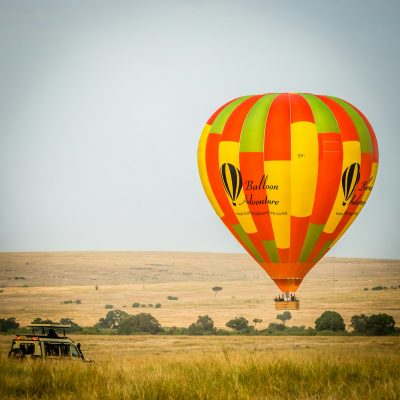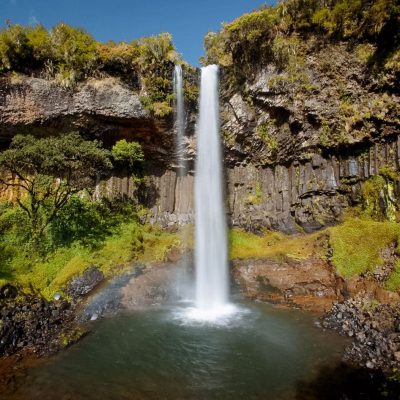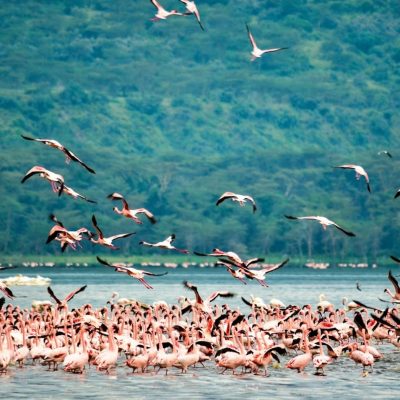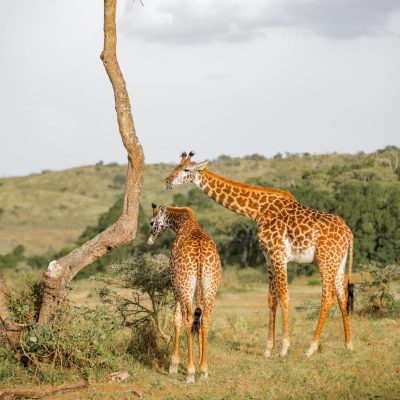Kenya Travel Information
Kenya Travel Information provides essential details for visitors planning to explore this East African gem, known for its rich wildlife, stunning landscapes, vibrant cultures, and diverse tourism experiences. Whether you’re interested in safaris, beach holidays, mountain climbing, or cultural exploration, Kenya offers something for every traveler. Below is comprehensive information on the key aspects to consider when traveling to Kenya.
1. Geography and Climate
Kenya is located in East Africa, bordered by the Indian Ocean to the southeast, and shares borders with Ethiopia, South Sudan, Uganda, Tanzania, and Somalia. The country’s diverse geography includes:
- Savannahs and Grasslands: Home to iconic national parks such as Masai Mara, Amboseli, and Tsavo.
- Mountain Ranges: Including Mount Kenya, Africa’s second-highest peak, and the Aberdare Range.
- Great Rift Valley: A stunning geological feature that runs through Kenya, dotted with lakes like Lake Nakuru and Lake Naivasha.
- Coastal Region: With beautiful beaches along the Indian Ocean, including Diani, Watamu, and Lamu.
Climate
Kenya has a tropical climate that varies by region. The coastal areas are typically hot and humid, while the highlands are cooler. The main seasons are:
- Dry Season: From June to October and January to February, ideal for wildlife safaris as animals gather around water sources.
- Wet Season: From March to May (long rains) and November to December (short rains), when the landscapes are lush, though roads in some areas may be muddy.
2. Visa and Entry Requirements
To enter Kenya, most foreign visitors require a visa. The process is straightforward, with most travelers able to apply online for an eVisa. Here are key points regarding Kenyan visas:
- eVisa: Available for many nationalities and can be applied for through Kenya’s official eVisa portal.
- Visa on Arrival: While previously available, Kenya has shifted to an online application system, and travelers are encouraged to apply for their visa before arrival.
- Visa-Free: Citizens of some countries, mainly within East Africa, can enter Kenya without a visa or under a special East African Tourist Visa.
Passport Requirements:
- Your passport must be valid for at least six months beyond your intended departure date.
- You must have at least one blank page for visa stamps.
3. Health and Safety
Kenya is generally safe for tourists, but like any destination, it’s important to be aware of potential risks and take precautions.
Vaccinations and Health
- Yellow Fever: A vaccination is required if you’re traveling from a country with a risk of yellow fever.
- Malaria: Malaria is a risk in many parts of Kenya, particularly in coastal areas, the Rift Valley, and around Lake Victoria. Take precautions such as using insect repellent, sleeping under mosquito nets, and taking anti-malarial medication if advised by your doctor.
- COVID-19: Ensure you’re aware of any current travel restrictions or health measures in place.
Travel Safety Tips
- Avoid walking alone at night, especially in urban areas.
- Use reputable taxis or ride-sharing services like Uber in cities.
- Be cautious with valuables; avoid flashing expensive items like jewelry or electronics in public.
- Follow local guidance and park ranger instructions when on safaris or visiting wildlife areas.
4. Currency and Payments
The official currency in Kenya is the Kenyan Shilling (KES). Here are important points regarding money and payments:
- Currency Exchange: Major currencies like USD, GBP, and EUR can be exchanged at airports, banks, and licensed exchange bureaus.
- ATMs: Widely available in cities and towns. Most ATMs accept international debit and credit cards.
- Credit Cards: Accepted in many hotels, restaurants, and shops, especially in urban areas and tourist hotspots. However, it’s advisable to carry cash when traveling to remote areas.
- Mobile Payments: Kenya is a global leader in mobile money services, particularly through M-Pesa, which allows cashless payments via mobile phones.
5. Transportation
Kenya offers various transportation options, making it easy to get around depending on your budget and destination.
Domestic Flights
Kenya has several airlines offering domestic flights, making it easy to travel between major cities and national parks. Popular airlines include Kenya Airways, Fly540, and Safarilink. Flights are convenient for traveling long distances, especially between Nairobi and the coast or national parks.
Road Travel
- Car Rentals: Available in major cities like Nairobi and Mombasa. Renting a car with a driver is recommended for unfamiliar travelers, especially for safaris.
- Buses and Matatus: Local minibuses (matatus) and buses are the main forms of public transport. While cheap, matatus can be crowded, and safety standards may vary.
- Taxis and Ride-Sharing: Taxis are available in urban areas, and ride-hailing services like Uber and Bolt operate in Nairobi, Mombasa, and other cities.
6. Tourist Attractions
Kenya is globally renowned for its diverse attractions, from wildlife to cultural experiences. Here are some must-visit places:
Wildlife Safaris
- Masai Mara National Reserve: Famous for the Great Migration, where millions of wildebeest and zebras migrate annually. The reserve offers excellent game viewing and is home to the Big Five (lion, elephant, leopard, buffalo, and rhino).
- Amboseli National Park: Known for its large elephant herds and views of Mount Kilimanjaro.
- Tsavo East and West National Parks: One of the largest protected areas in Kenya, offering diverse landscapes and abundant wildlife, including elephants, lions, and hippos.
Coastal Destinations
- Diani Beach: Pristine white sand beaches, clear waters, and coral reefs make Diani a top destination for relaxation and water sports.
- Lamu Island: A UNESCO World Heritage Site, Lamu offers a blend of Swahili culture, ancient architecture, and peaceful beaches.
- Watamu: Known for its marine life and coral reefs, ideal for snorkeling and diving.
Mountains and Hiking
- Mount Kenya: The second-highest mountain in Africa, offering trekking routes for various skill levels.
- Hell’s Gate National Park: Famous for its dramatic landscapes, including gorges, cliffs, and geothermal activity, it also offers cycling and rock climbing.
Cultural Experiences
- Maasai Villages: Visitors can experience the Maasai culture, learn about their way of life, and purchase traditional handicrafts.
- Bomas of Kenya: Located in Nairobi, this cultural center showcases Kenya’s diverse ethnic groups through traditional dances, music, and architecture.
7. Language
The official languages in Kenya are English and Swahili. English is widely spoken, especially in cities and tourist areas, making communication easy for most travelers.
8. Time Zone
Kenya operates on East Africa Time (EAT), which is UTC +3. The country does not observe daylight saving time.
9. Accommodation
Kenya offers a wide range of accommodation options, from luxury lodges to budget guesthouses. In major tourist destinations, you can find:
- Luxury Lodges and Tented Camps: Often located in national parks and game reserves, offering premium wildlife experiences.
- Beach Resorts: Along the coast, especially in Diani, Watamu, and Malindi.
- Budget Hotels and Campsites: Available in cities and around tourist areas for budget-conscious travelers.
10. Local Etiquette and Culture
Kenya is a culturally rich country with many ethnic groups, including the Maasai, Kikuyu, Luo, and Swahili. Some key etiquette tips include:
- Greetings: Handshakes are common, and it’s polite to greet with “Jambo” (Hello) or “Habari” (How are you?).
- Respect for Traditions: When visiting villages or cultural sites, dress modestly and ask for permission before taking photographs of people or cultural items.
- Tipping: It is customary to tip in restaurants, hotels, and for services like safari guides and drivers. A tip of around 10% is appreciated.
Conclusion
Kenya is a captivating destination with a diverse range of experiences, from thrilling safaris to relaxing beach holidays and rich cultural interactions. With careful planning, awareness of entry requirements, and respect for local customs, visitors can enjoy a safe and unforgettable adventure in this East African country.

Masai Mara
Best known for yearly Wildebeest migration, big cats and lots of wildlife

Aberdare
A picturesque protected area in the central highlands of Kenya

Lake Nakuru
a unique combination of rich biodiversity, stunning scenery, birdlife and wildlife

Samburu
A rugged, remote wildlife sanctuary located in the northern part of Kenya

Tsavo West
One of Kenya's largest and most diverse parks in the southeastern part of Kenya